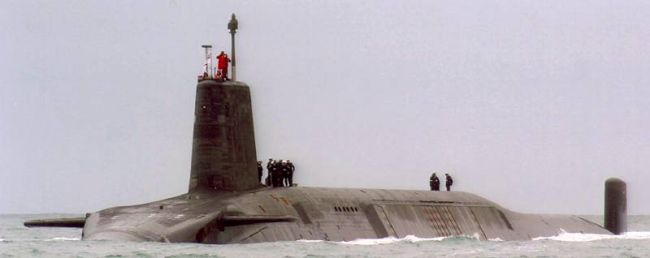CAMP GARMSIR, Afghanistan — As a squad of Afghan National Army soldiers from the 1st Brigade, 215th Corps, patrols a dusty road, chaos ensues.
A Marine advisor calls out that a simulated improvised explosive device exploded, and points to two Afghan soldiers, who fall to the ground as mock casualties.
Several ANA soldiers immediately set up security, as another soldier rushes to aid the casualties. Within 10 minutes, the trainee has performed a combat life saver triage, and the casualty is being evacuated to the nearest clinic in an Afghan ambulance.
The carefully controlled chaos is part of the final exercise for the inaugural 1/215 combat medic course here, Dec. 31.
“The course will be able to help us train soldiers to become medics and support our medical section,” said Maj. Abdul Baqi, the surgeon in charge of medical operations with 1/215.
The new course was born out of the resourcefulness of Marines and Navy corpsmen; previously, all ANA medic courses were conducted at the Joint Security Academy Southwest in Camp Leatherneck.
“We want to be able to train enough medics to become instructors,” said Petty Officer 2nd Class Israel Rosa, a medical advisor with the Regimental Combat Team 5 embedded training team and 26-year-old native of Stanton, Texas.
“This would allow us to leave the brigade with the ability to make their own medics, without relying on our help,” added Rosa
Previous courses required soldiers to be literate in both Pashto and Dari, which became a challenge for instructors because of the low literacy rate of the trainees, said Rosa.
Marines and corpsmen with battalion embedded training teams began teaching hands-on, basic combat life saver skills to ANA soldiers. As the training developed, corpsmen began teaching ANA soldiers advanced trauma care.
“They noticed that the soldiers were able to quickly learn and perform the tasks, with the more hands on approach,” explained Rosa.
The need for a course that didn’t rely on the literacy of students became the new topic of discussion at all levels of Afghan National Security Forces health care development.
With the direction from Task Force Leatherneck, 2nd Marine Division (FWD) Surgeon’s Office, and the approval of the 215th Corps surgeon, the 1st Brig. non-literate combat medic course was born.
The five-week course, taught by advisors from RCT‑5 and Combat Logistics Battalion 1 partnering teams, focused on combat trauma care.
The teams taught eager ANA soldiers using hands-on, practical application instruction similar to the techniques used by Marines and sailors at the battalion level.
“We taught the soldiers how to treat patients at the point of injury,” said Rosa. “They also learned how to request a medevac and provide continued care en-route to the next echelon of care.”
The soldiers also learned preventative medicine, supply procedures, patient aftercare and clinic operations and procedures.
“The student’s are glad to be here,” said Baqi. “As I saw from the exercise, they have learned everything that the instructors have taught them.”
The final exercise tested the knowledge acquired by ANA soldiers during the course. The soldiers had to demonstrate mastery of their role as a medic during a patrol, and in a field hospital.
“During the exercise, we wanted to make sure they provided security while they treated the casualty,” explained Rosa. “Once they got that under control, we looked for them to apply the proper treatment for those injuries the casualty sustained, and continue assessing the casualty’s health.”
This final exercise marks the conclusion of the inaugural 1/215 combat medics course. The ANA soldiers will graduate and officially become medics on Jan. 7.
With the completion of the course, the team hopes that a few proficient and highly motivated ANA medics can become instructors for the course, Baqi said.
“The CMC course will help us become more independent,” explains Baqi. “We will be able to treat our own soldiers with our own medics.”
With the support of their Marine and Navy mentors, the 1/215 command hopes its soldiers will continue to develop their ability to maintain medical support for the brigade’s subordinate units.
Source:
Allied Command Operations
NATO

 von
von 